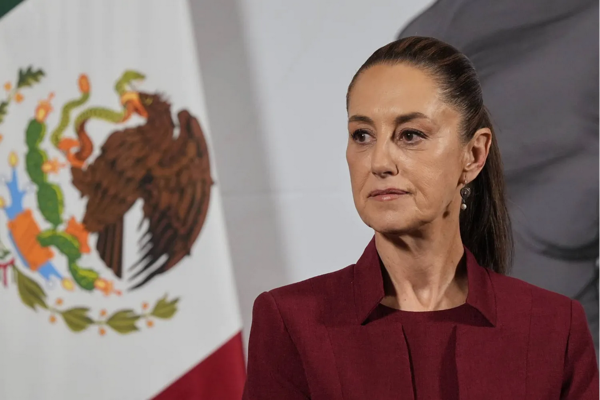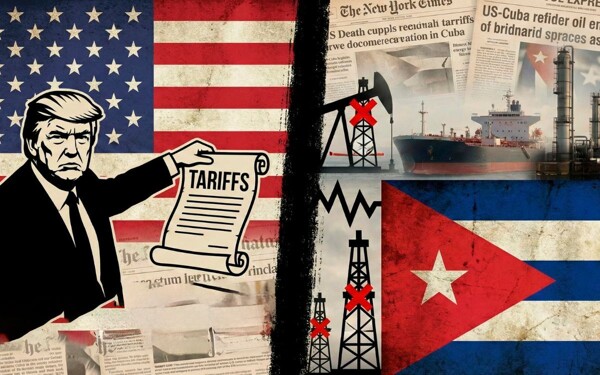
Volatility in financial markets is increasing and the prospects of a recession in the United States could affect the demand for Mexican exports. In the face of any uncertainty, the market becomes more sensitive. In this context, the key strategy for investors and entrepreneurs is diversification and disciplined risk management.
Within the framework of the Treaty between Mexico, the United States, and Canada (USMCA), volatility is not only linked to global financial factors but also to structural risks specific to the relationship between Mexico and the United States. Understanding these fundamentals is essential for making strategic decisions in an increasingly complex environment.
There are fundamental factors of volatility in the USMCA that offer regulatory stability, but that are subject to trade and political tensions. Sectors such as technology, renewable energies, and essential services, which are less exposed to trade policy, can provide a hedge against the uncertainty of the treaty. It is crucial to adopt financial hedging strategies in times of extreme uncertainty, such as positions in safe haven assets or instruments that benefit from volatility.
Volatility not only represents a risk but also an opportunity for those who can interpret it correctly. The pressure from the United States on Mexico to intensify the fight against cartels could result in sanctions or trade restrictions, which would increase volatility in financial markets.
Globally, geopolitical conflicts, China's slowdown, and decisions by the U.S. Federal Reserve on interest rates directly affect the stability of the USMCA. A strong dollar and high rates make financing more expensive and reduce the liquidity available for investment in emerging markets like Mexico.
In a constantly uncertain environment, true competitive advantage lies in the ability to read the landscape and act strategically. Investors who can anticipate trends, adapt quickly, and diversify intelligently will be the ones to derive the most value in an evolving environment.
The possibility of unilateral tariffs, especially in strategic sectors such as the automotive and manufacturing industries, adds uncertainty to the scenario. It is important to evaluate not only high-growth sectors but also their resilience to external shocks. The volatility index (VIX) is a key indicator for investors, reflecting market nervousness in the face of economic and political uncertainties.














